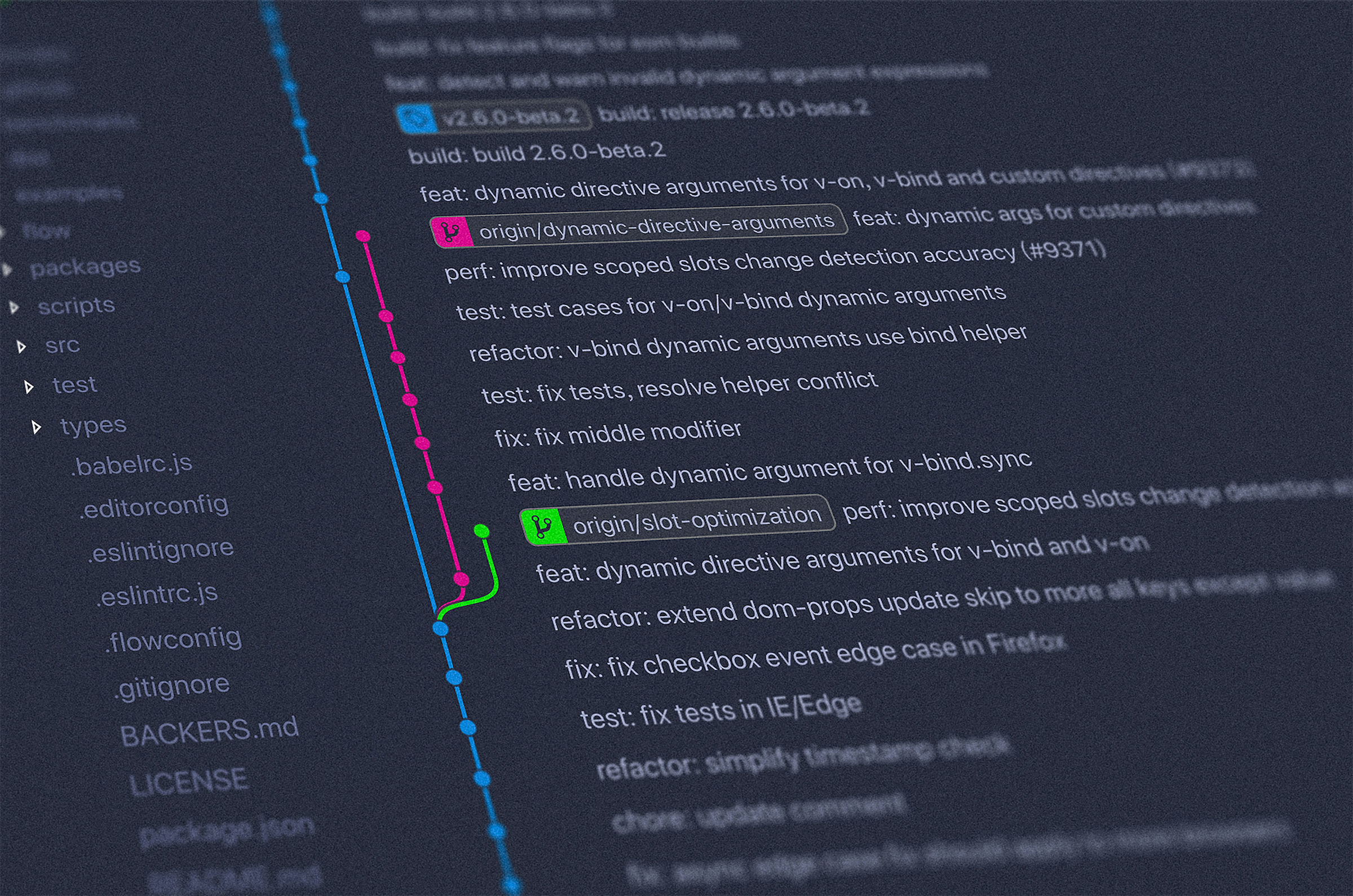Technology
Laravel
What is Laravel?
Laravel is a modern, open-source PHP web application framework that provides an elegant and expressive syntax for building web applications. It follows the MVC (Model-View-Controller) architectural pattern, simplifying the development process and promoting best practices in web development. Laravel offers a range of built-in tools and features, including an ORM (Object-Relational Mapping), routing, authentication, and caching.
What are the core features of Laravel?
- Eloquent ORM: Laravel includes a powerful and easy-to-use ORM that allows developers to interact with databases using an object-oriented syntax.
- Blade Templating Engine: Laravel's Blade templating engine offers a clean and elegant syntax for creating dynamic views.
- Routing: Laravel provides a simple and intuitive routing system for defining and managing routes in your application.
- Authentication and Authorization: Laravel includes built-in support for user authentication and authorization, making it easy to secure your application.
- Artisan Command Line Tool: Laravel's Artisan command line tool offers a range of helpful commands for common development tasks, such as generating boilerplate code, running tests, and managing migrations.
How can Laravel help your website?
- Elegant and Expressive Syntax: Laravel's expressive syntax makes it easy to write clean, maintainable code, improving the overall quality of your web application.
- Rapid Development: Laravel's built-in tools and features, such as the Eloquent ORM and Blade templating engine, streamline the development process and reduce boilerplate code.
- Scalability: Laravel is designed to handle large and complex web applications, making it a suitable choice for projects that require scalability.
Popular alternatives to Laravel
- Symfony: A PHP web application framework that provides a set of reusable components and libraries for building web applications.
- Django: A high-level Python web framework that encourages rapid development and clean, pragmatic design.
- Ruby on Rails: A web application framework for the Ruby programming language that emphasizes convention over configuration and follows the MVC pattern.
Pros and Cons of Laravel versus the main alternatives
Pros:
- Elegant and expressive syntax for writing clean, maintainable code.
- A wide range of built-in tools and features that streamline the development process.
- Designed for scalability, making it suitable for large and complex web applications.
Cons:
- Laravel may have a steeper learning curve for developers who are new to the PHP programming language or the MVC architectural pattern.















